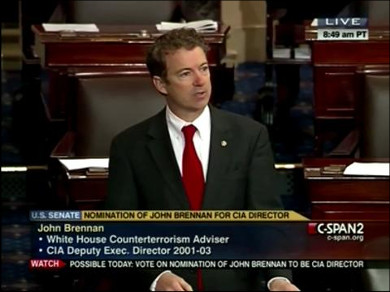FreemansPerspective.com May 28 2013
More or less every modern politician talks about “freedom” or “liberty.” Actually, they don’t talk about it as much as they use it as a magic incantation. They go on at length about “our free country,” but if you could get them to define freedom, that definition would be something along the lines of “what we have.”
Once we’re past such self-praising nonsense, we’re still left with the original question: What exactly is this “liberty”? And then the trouble begins. There are dozens of definitions. This is a problem. We’re all going around talking about liberty, but no two of us mean precisely the same thing. If you’re looking for reasons why liberty gets so little real traction in the world, this would be a good place to start.
So, it’s about time that we clarified what we mean by these terms. And, since I’ve spent decades pursuing liberty, and since no one else seems to be addressing this, I’ll take on this chore myself.
First of all, I’m going to treat “liberty” and “freedom” as the same concept. After all, the word freedom comes to us from old English and liberty from old French, and they both mean the same thing: unconstrained.
The problem with unconstrained lies in the fact that we are constrained by the natural world, by everything from gravity to rocks to weather. Nature constrains us. Yet, we don’t feel oppressed by nature – it isn’t trying to hurt us or limit us, it simply is what it is, and we can use it as we wish too. Our bodies are part of nature, after all.
It is when other people force us to obey, use violence against us, our simply intimidate us, that we feel constrained and abused. (Which tells us all we really need to know about the nature of liberty and humanity.)
So, here is a precise definition for freedom/liberty:
A condition in which a man’s will regarding his own person and property is unopposed by any other will.
That is the bedrock. From there you can add other aspects if you wish, but you cannot deviate from this core and still be talking about “liberty.”

